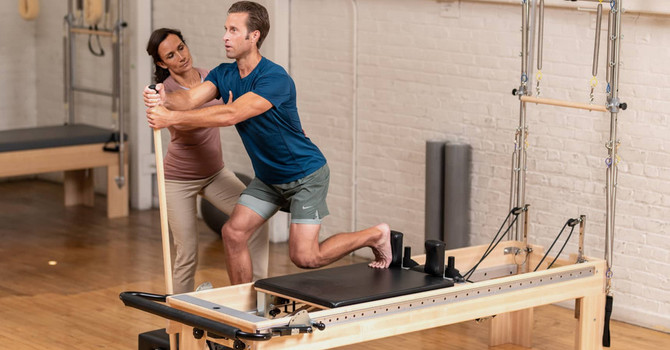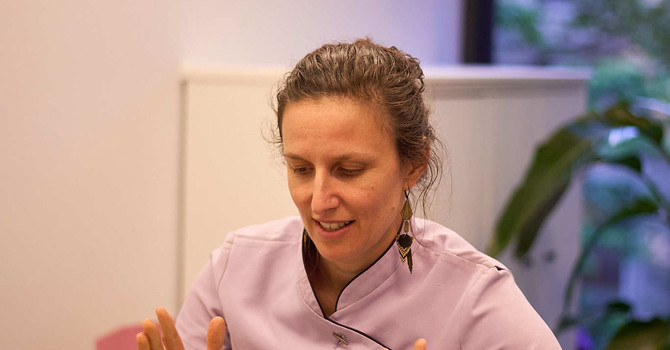
Last week, I attended friend’s wedding— talented surgeons who spend countless hours in the operating room. As I introduced myself as an osteopathic practitioner, I noticed something interesting: many of the surgeons I spoke with confessed to dealing with bad posture, aches, and discomfort. It became clear that despite their expertise in precision and care for others, they often neglect their own well-being, as my dentists' friends back in France. I realized they’re not taught comfortable positioning techniques or exercises to counterbalance the long hours spent in surgery or dental procedures.
The Impact of Poor Posture in the OR and Dental Chair
Surgeons and dentists spend hours in static positions, often bending forward or twisting their necks unnaturally to perform intricate tasks. This repetitive strain can lead to long-term musculoskeletal issues, including neck, back, and shoulder pain. They may also experience poor circulation, headaches, and even nerve compression, all of which can affect their daily performance and quality of life.
Osteopathic Treatment: Managing and Reducing Pain
Osteopathy offers not only immediate relief from discomfort but also long-term pain management. By using gentle manipulations to release tension, restore alignment, and improve mobility, osteopathy helps reduce the pain caused by the repetitive strain of long hours in static postures. It addresses the root of the problem rather than just treating the symptoms, allowing for improved body function and long-lasting relief from chronic pain.
We Face Similar Challenges in Osteopathy
As osteopathic practitioners, we also spend hours treating patients, which requires mindful positioning to avoid strain on our own bodies. When we manipulate a patient’s body, we need to use leverage effectively and maintain proper posture to ensure we can treat without developing achiness ourselves. It’s a similar challenge that surgeons and dentists face—maintaining optimal body mechanics to prevent long-term strain. In osteopathy, we practice what we preach: leveraging good body mechanics and posture is critical to both delivering effective treatment and taking care of our own health.
Open Your base of support
In osteopathy, we often talk about expanding the base of support in English. This concept is all about stabilizing the body to reduce the risk of falling and maintaining balance during long hours in difficult positions. By learning to open and shift your base of support, you can achieve greater stability and reduce strain on your joints and muscles during lengthy procedures.
Why Surgeons and Dentists Should Consider Osteopathy
Osteopathic treatments are not just for acute pain relief—they help in managing chronic pain and maintaining overall physical health. Surgeons and dentists who incorporate osteopathy into their routines will experience benefits such as:
- Increased mobility in the spine, shoulders, and neck
- Reduced muscle tension, especially in the upper body
- Better posture, improving comfort during long surgeries or dental treatments
- Enhanced circulation, which can reduce fatigue and promote faster recovery between procedures
- Effective management of long-term, persistent pain related to posture and strain
Take Care of Yourself to Take Care of Others
As healthcare professionals, surgeons and dentists spend their days helping others, but they often overlook their own physical well-being. Osteopathy offers a proactive approach to relieving and managing the pain of their demanding work, promoting long-term health, and improving their day-to-day comfort.
If you're a surgeon, dentist, or any healthcare professional, consider how osteopathic treatment could benefit you. A simple session can make all the difference in how you feel after a long day, allowing you to continue excelling in your field with less pain and better posture.

Lucile Delorme
Contact Me


